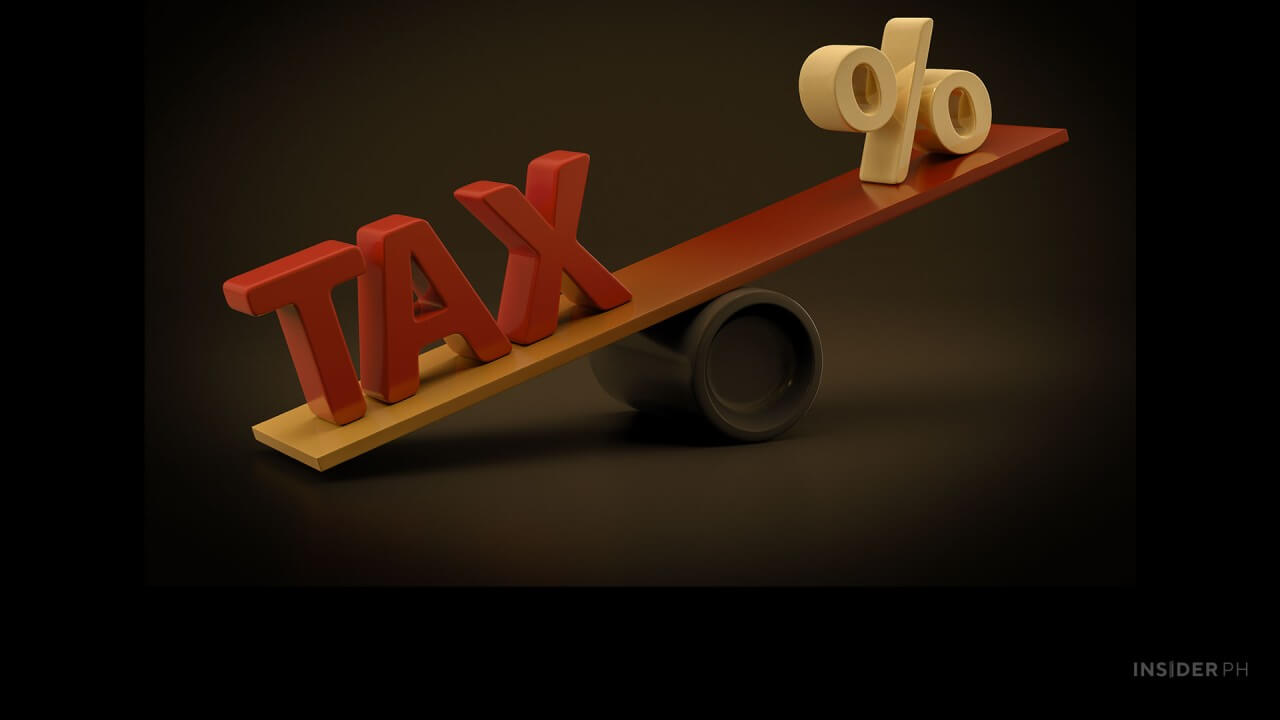

Insider Spotlight:
Why it matters:
The Department of Finance has floated proposals for additional taxes on online gambling to raise revenues and fund social programs. But Tonet Quiogue, CEO of Arden Consult, cautioned that such moves could end up reducing—not increasing—government collections.
“Licensed online gaming companies already pay some of the highest taxes in the world,” she said in a policy brief issued on Sunday, July 13, 2025. “Rather than impose another layer of taxation… we should begin with a clear understanding of the laws already in place — a core tenet of smart regulation.”
By the numbers:
Legal operators pay...
Combined with local taxes, withholding obligations, and social contributions, the government takes 35–38 percent of an operator’s GGR — regardless of profit or loss.
The global context:
As shown in the chart on page 3, the Philippines’ tax burden on legal gambling rivals or exceeds that of France and Germany. In contrast, countries like Brazil, Colombia, and U.S. states such as New Jersey tax online gambling at 15–18 percent of GGR to sustain compliance and competitiveness.
The risk:
“If new taxes or rate hikes drive the total levy to about 40 percent or more of GGR… many licensed operators would leave, close down, or avoid the market,” Quiogue warned.
She pointed to Kenya, which saw legal operators exit after a tax hike to 35 percent GGR, only for betting activity to shift to illegal channels.
The bigger picture:
New PAGCOR rules also require support businesses — including content providers, BPOs, and marketing firms — to set up local operations, further anchoring the industry in the Philippine economy.
“What [the industry] cannot survive is the weight of excessive taxation or policy overreach,” Quiogue said. “Burdening operators beyond commercial viability… could dismantle something still in its early stages.”